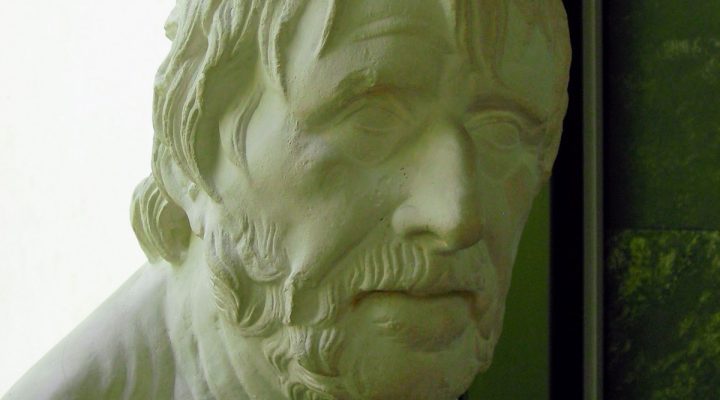Why did the King of Glory become a baby? We can answer by saying “for his glory”! And we would be right to say so, but what does that even mean?
To start with, the word glory can sometimes describe doing good works. When a good deed is manifested in the world, we call it glorious. This is why all of God’s works are glorious, especially his creation of humans (Isa 42:7). The good works God does point back to the good Creator of all.
God also created humans for glory and honour. David says, God “crowned [humans] with glory and honor” (Ps 8:5). Paul even tells us to pursue glory and honour (Rom 2:7). While sin for a little while decrowned us of our glory, Jesus became human to bring “many sons to glory” (Heb 2:10, 14).
In summary, God created us for his glory, he crowned us with glory that we for a little while lost by sin, and Jesus restored that glory to us when he came into the world. Glory seems like a good answer for why Jesus was born, but I would say it is not a full answer.
A more complete answer includes the biblical truth that Jesus became a baby because he loves you. And this work of love is glorious. [Read more…] about Jesus Became a Baby Because He Loves You


